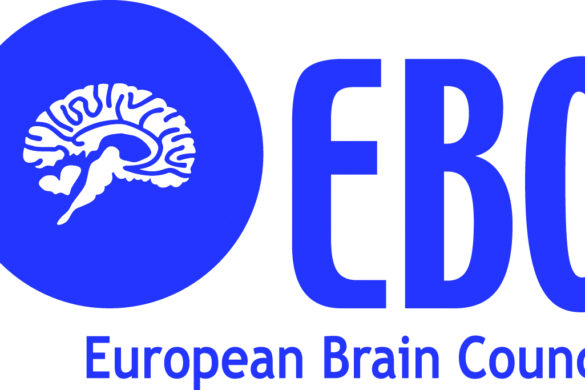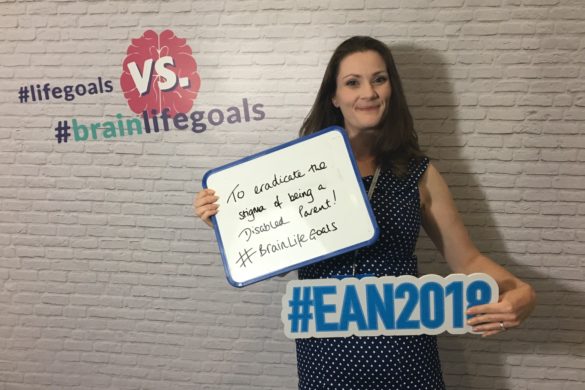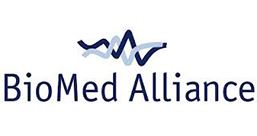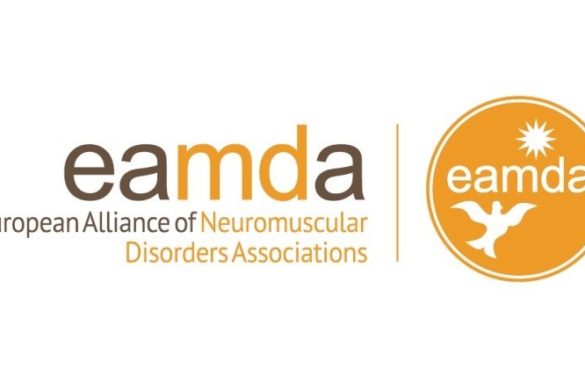Giovanni Di Liberto, MD-PhD
Chair, RRFS – Residents and Research Fellows Section of the EAN
Dr. Thomas Jenkins, Chair of the EAN e-Communication Committee interviews:
Dear Dr. Di Liberto,
You recently took over the leadership of the RRFS EAN section. I would like to bring the important work of the RRFS to the attention of the EAN pages readers and prepared the following questions.
1. The RRFS was created to provide European neurologists in training with a platform and voice to influence policy, encourage intercultural exchanges, and to help tackle challenges of the future in neurology. How will you, during your leadership, encourage achievement of these goals and what are your plans in this regard?
Being the Home of Neurology for residents and research fellows in Europe is definitely a challenge. Over hundreds of years, each country has shaped its own education and healthcare system in a different way. Our goal is to take advantage of those differences, consider them and use their particular strengths to build a magnificent mosaic of Neurology in Europe. The key to achieve this ambitious plan is to identify those differences, listen to residents and researchers and give them the opportunity to share their experiences. Already in 2016, we started developing a network of national representatives linked to each European neurological society (National Representatives Network, NRN) with the goal to accelerate information flow and facilitate the conduction of surveys on different aspects of Neurology education. This information is not only crucial to depict this European landscape but also to identify potential pitfalls early and discuss them within the European Academy of Neurology in order to eventually develop a working strategy. Our plan is also to ameliorate the portfolio of grants and schools of the EAN and to develop novel learning and research tools tailored to our members’ needs.
2. Your input in the work of the EAN is very important. How do you see the role of the RRFS in terms of cooperating with overarching EAN objectives and what are the major benefits of the EAN to residents and research fellows?
EAN and RRFS are constantly exchanging
ideas and feedbacks. This dialogue is, for us, essential since it provides a
unique opportunity to tailor EAN objectives to the perspective of residents and
research fellows. As current RRFS chair, I greatly appreciate our involvement
and consideration in the ongoing EAN milestones and projects. The main benefit
arising from this intense dialogue is undoubtedly the possibility to contribute
to the building of Neurology in Europe, identifying the most appropriate
strategies to cultivate the talents of our members and keeping pace with the
evolving landscape of our specialty.
3. The EAN has signed memoranda of understanding with several partner societies to enhance widespread cooperation across the field of neurology. How do you see the role of the RRFS in regard to interaction with fellow neurological societies?
Numerous RRFS members are also involved in partner societies. In future, we could imagine exploiting this strength by either developing grants in collaboration with those partner societies dedicated to a specific aspect of Neurology or developing dedicated workshops. RRFS could be an excellent window for components of different partner societies to get to know each other through, and share ideas for future educational opportunities.
4. Your group reaches out to European and worldwide residents and research fellows. What would be your most important message to these colleagues with regard to the work of the RRFS?
By analogy with the Greek myth of Atlas, who was involved in the titanic effort to hold up the sky, residents in the hospitals and research fellows in the laboratories are currently the fundamental pillars on which both healthcare and academia are built. To these colleagues worldwide, I would like to say that we are here to listen to your voice, even if sometimes it is difficult, we must stand firm, and also provide help for those colleagues facing hard times. This can mean improving education, for example, by making it possible to join a conference with the help of one of our grants; to get in contact with young colleagues specialising in the same fields of interest by being part in a Scientific Panel as an RRFS member; or to take on even more responsibility by becoming a RRFS representative in one of the EAN Committees or Scientific Panels. We do also try to provide residents and research fellows with a platform for exchange, mainly during the EAN congress to bring up their needs, perspectives and main interests, such as during our special session or by active participation at the scientific theatre. Unfortunately, this year the efforts required are even greater due to the SARS-CoV-2 pandemic, and in this moment we should thank them especially for their work. Additionally, the RRFS are developing surveys to collect information about different topics which are important and of interest for residents and research fellows throughout Europe, such as identification and mitigation of factors contributing to burn-out among residents.
5. We are currently in the midst of a Covid-19 coronavirus pandemic, which appears to be developing into the greatest worldwide healthcare challenge of modern times. How can medical leaders and organisations help combat this threat?
The COVID-19 pandemic represents a dramatic threat to our society on several levels, casting uncertainty, fear and death. To this threat, governments, healthcare systems and citizens need to promptly react to dampen this huge impact. To this aim, a concerted response is needed which requires a collective effort which I will try to summarize in the following points:
A) As individuals, social distancing is fundamental. We need to stay home and adopt the recommended hygiene practices.
B) As healthcare systems, we need to rearrange our current resources to face this challenge, by trying to trace and isolate new cases, upscaling hospital and ICU beds and taking care of the safety and health of healthcare workers and their families.
C) As Government leaders, we should allocate financial resources to the healthcare system (not just for this emergency), coordinate with scientists and medical leaders in national lockdown plans to limit a resurgence of the infection, and eventually develop an effective plan to sustain the socioeconomic impact.









